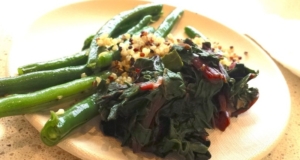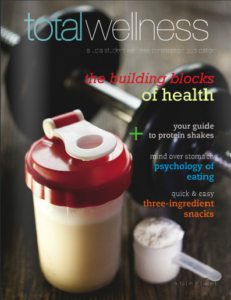The juice cleanse craze is crazier than ever! Celebrities like Angelina Jolie, Gwyneth Paltrow, and Beyoncé (just to name a few), college students, and health advocators are all promoting it. Nonetheless, juicing is a controversial topic, with many pros and cons. But DiSH lab is ready to dig through literatures to find out all we can about juice cleanses.
First, we need to address what is the juice cleanse and why does it attract the public? A juice cleanse is a detox diet that consist of consuming only the juice of raw vegetables and fruits for a limited amount of time. Juice cleansing is supposed to detoxify the digestive system. Doing so, involves several benefits such as weight loss, increase energy, increase mental clarity, better sleep, and improve complexion. If juice cleanses do exactly what they are set out to do, then it is no wonder that the market for juicing companies skyrocketed within the past few years. However, in a small study done by Dr. Roman Huber, one week of juicing did show an immediate decrease in LDL cholesterol (the bad kind), but the levels returned to normal just one week later. So, is juicing really as effective as they are claimed to be? (see: Huber Juice Fasting)
Glenn Braunstein, MD, professor and chairman of the department of medicine at Cedars-Sinai Medical Center in Los Angeles, and other experts explained that our bodies are natural detoxifiers and do not need other methods of “cleansing.” Registered dietitian, Jennifer Nelson, also argues that juicing eliminates important nutrients such as fiber and antioxidants from in the skins and seeds of fruits and vegetables. Because fiber is eliminated in the juicing process, the body is more likely to absorb fructose, which may affect blood sugar levels, according to Food Republic. But, others like Cathy Wong, a naturopathic doctor, certified nutrition specialist, and author of The Inside Out Diet, suggests that detoxes may help you get rid of unhealthy eating habits and aid in establishing healthier habits after the cleanse. However, most professionals agree that juicing does not produce any lasting results in weight loss.
The question ultimately comes down to whether to juice or not to juice. Remember that even though a product contains only natural or organic ingredients, it does not necessarily means that it is safe for your body. It is important to do your research before you dive into anything that might have potential harm to your body. Each of us and our bodies are unique. Some may benefit from juicing, while others do not. Juicing may be especially dangers to those with diabetes, cancer, anemia, intestinal obstruction, gallstones, or people who are underweight or with a history of eating disorders and should consult with their doctor before going on any kind of diet.
And last but not least, we have to ask ourselves, is there really any difference between a juice cleanse and a low calorie diet? If not, it might not be worth your time since, as the DiSH Lab knows, low calorie dieting just doesn’t work in the long term.






